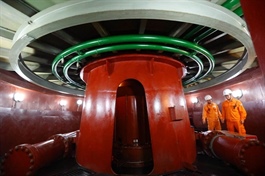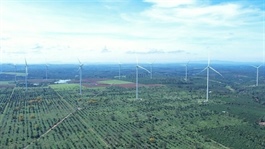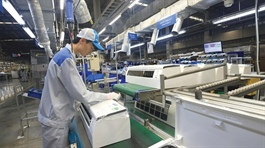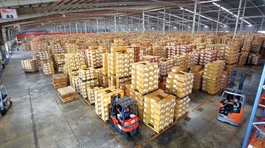Vietnam sets 2030 target to recycle 70 per cent of industrial waste
Vietnam sets 2030 target to recycle 70 per cent of industrial waste
The government has set ambitious recycling and waste management targets as part of its newly approved environmental industry development initiative.
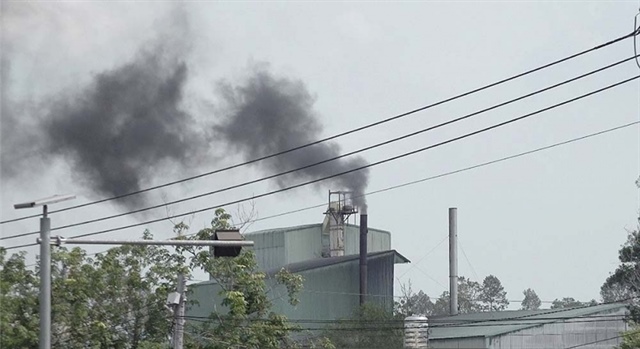
A factory in Minh Hung - South Korea Industrial Park, Binh Phuoc. Photo: baodautu.vn |
Under the Programme for the Development of Vietnam’s Environmental Industry to 2030, endorsed by Deputy Prime Minister Tran Hong Ha in early September, the country aims to sort and recycle up to 70 per cent of waste generated from environmental technologies and equipment. The plan also calls for completing the policy framework needed to establish recycling industrial parks and clusters, laying the groundwork for a dedicated decree to drive the sector’s growth.
By 2030, technologies and equipment in the sector are expected to meet 60–70 per cent of demand for solid waste sorting and recycling. For gas treatment and wastewater management, the goal is to achieve a compliance rate of 60–80 per cent.
To establish and develop recycling in industrial areas, regulatory authorities will introduce preferential policies and investment support for businesses that adopt technology transfers, purchase patents, or acquire software. The government aims to draw in foreign investment into the industry and encourage the export of certain technologies, equipment, and products where Vietnam holds a competitive advantage.
The government also encourages domestic procurement and bidding processes to gradually form a market for environmental industry goods. Concurrently, Vietnam needs to establish and develop several environmental technology enterprises under major conglomerates such as PetroVietnam, Vinachem, and Vinacomin to leverage financial and human resources to meet development goals.
To advance the sector, the Deputy Prime Minister has called for a review and update of the catalogue of technologies, equipment, and products in areas such as waste-to-energy, wastewater treatment, recycling, biodegradable plastics, and green materials.
Framed within Vietnam’s transition towards a green, circular, and sustainable development model, the environmental industry is identified as a strategic sector. It is expected to strengthen technological self-reliance, raise productivity, and support quality growth, while also attracting investment, driving innovation, cutting emissions, and improving climate resilience.
At a meeting in July, government leaders underlined the central role of private enterprises in developing the industry. They stressed that in areas where private capacity remains limited – such as hazardous waste management, eco-friendly material production, large-scale environmental monitoring, and recycling of wind and solar energy waste – the public sector should take the lead.
- 18:02 12/09/2025








